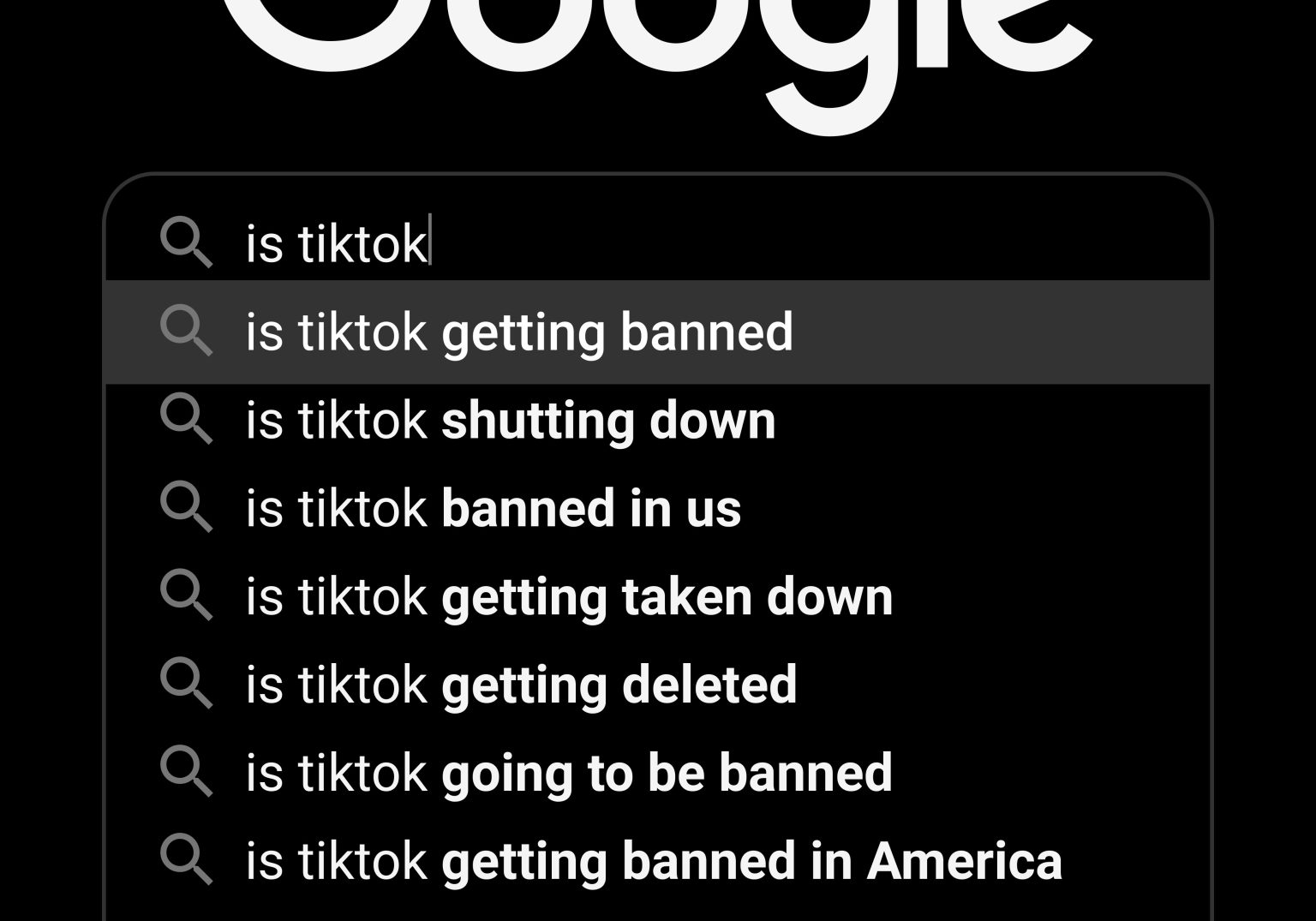Getting Déjà vu? This isn’t the first time TikTok have had to fight for the right to remain as an app in the U.S.
A group of 14 attorneys and a dozen states across the U.S. sued TikTok on October 1, 2024, following an over two-year investigation. The lawsuit involves the accusation that the trendy and engaging social media app is damaging children’s mental health and exploiting their lack of media literacy.
In the digital age where social media hooks us, we are all guilty of scrolling for an hour more than we expected to, finding ourselves in a loop that is hard to escape. The 14 attorneys’ issues surround the never-ending scroll of content, ‘challenge videos’ leading to risky and dangerous acts and ‘late-night push notifications’, interrupting sleep.
TikTok – originally ‘musical.ly’ – was owned by a former American company and purchased by ByteDance, a Chinese internet technology company, in 2017. It is a short-form video app with an age rating of at least 13 years old. There seems to be a pattern of the alleged ‘TikTok ban,’ emerging from 2022 to now 2024, managing the issues of control, security, traffic, internal tracking, the list goes on, and TikTok lives on. The design of TikTok is made up of an “addictive, content-recommendation system designed to keep minors on the platform for as long as possible, despite the dangers of compulsive use,” the Attorney General said in a statement.
While these lawsuits were being investigated, substantial amounts of internal material, including research data and documents, had been released, which were heavily edited due to confidentiality reasons with authorities on TikTok. It was exposed that TikTok executives are aware of the app’s harmful effects on children and causes such as “loss of analytical skills, memory formation, contextual thinking, conversational depth and more.” The documents also state that measures have been made, such as time management tools to drastically reduce screen time, yet the platform withheld this.
With half of America’s population on TikTok, there is a colossal amount of people to protect. And with self-regulation, it is proving challenging. But despite many efforts in the past, TikTok has never been banned, so what does this mean for the future of social media regulation?
Social media is powerful, and with power comes responsibility. Is self-regulation enough? Should parents take more accountability for their children’s social media use? Social media companies want our time and our clicks, the more time and clicks, the more they can charge advertising companies, with the ultimate goal being profit.
The debate continues on whether social media should be increasingly regulated. With the proliferation of posts, reposts, comments, and shares a day, it is unrealistic for complete social media regulation similar to the films we watch in cinemas.
Awareness and education are key.
Regulatory bodies need to focus on making parents and the many users aware of the exploitation social media users face and create a future where the power imbalance becomes more level, sooner rather than later.
Edited by Anu Sanyaolu.


